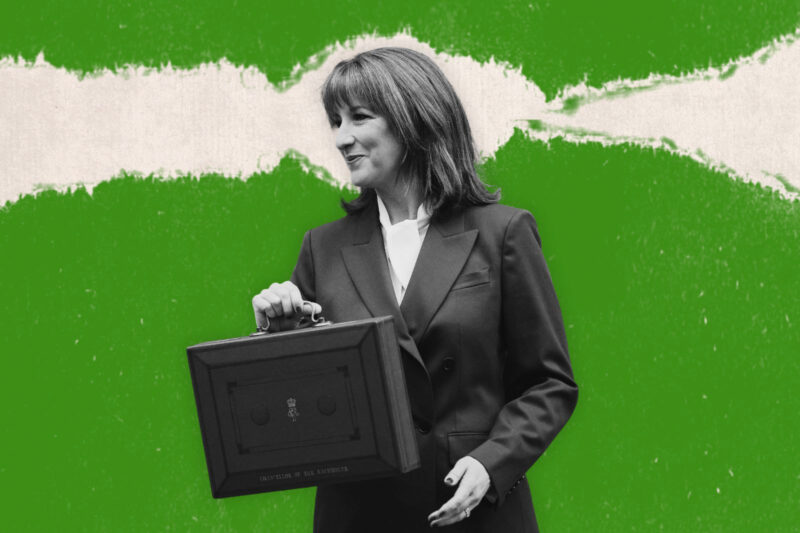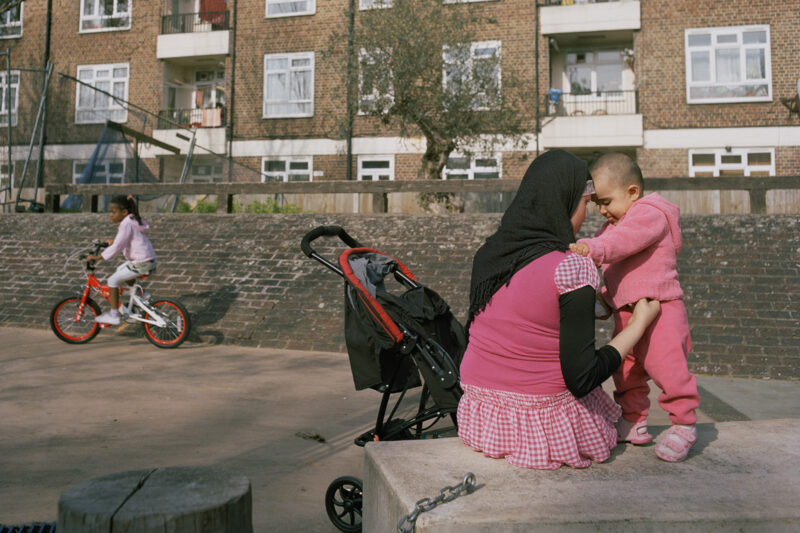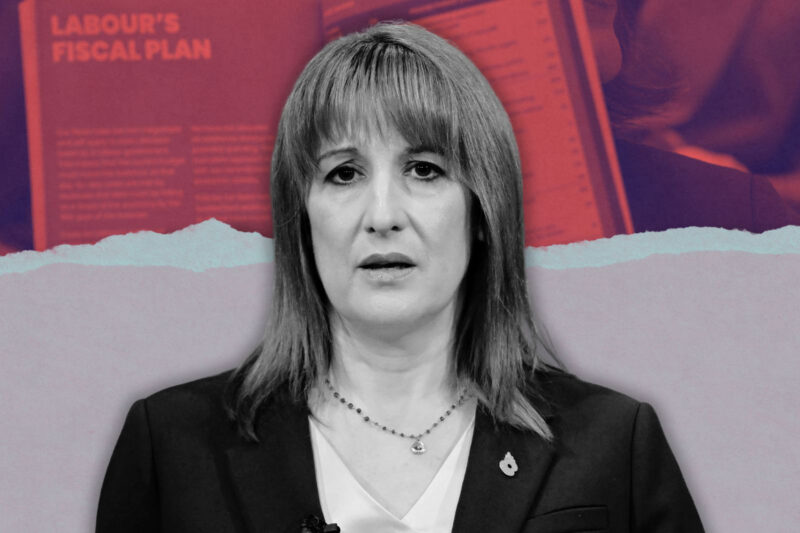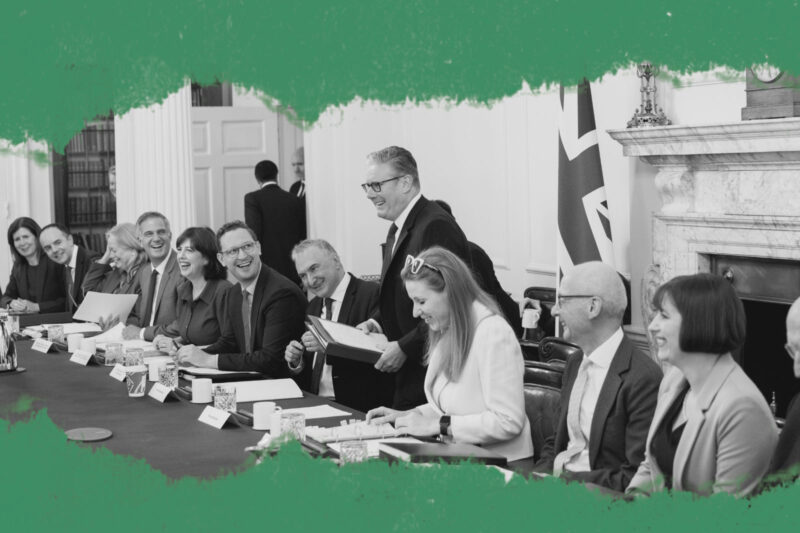Rachel Reeves’ next move could make or break the government
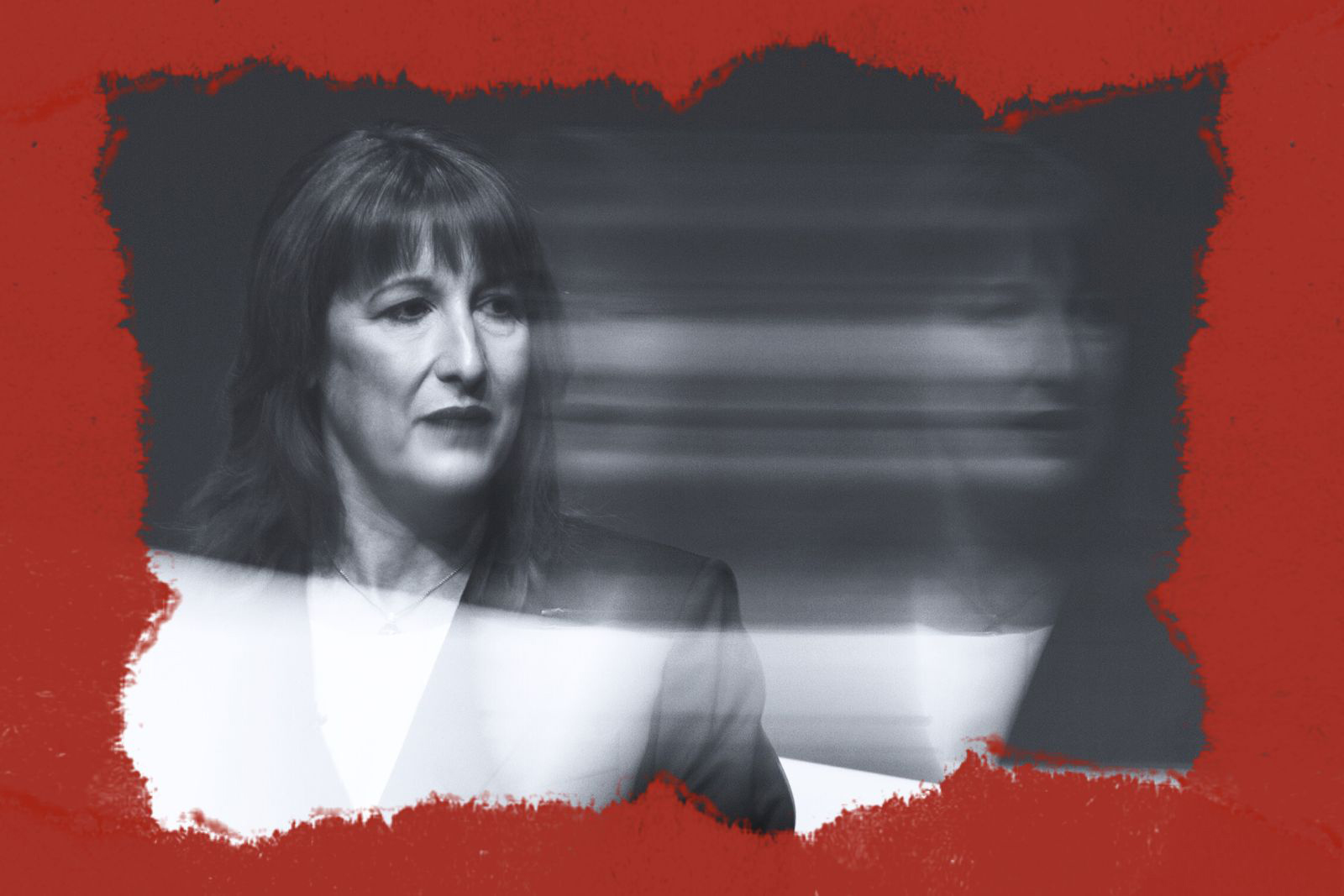
Labour MPs admit the forthcoming autumn budget ‘won’t go down well’. But choosing the winners and losers is in the chancellor’s hands
It’s hard to overstate how jittery Labour MPs are right now. A year into government, the party’s poll numbers have slumped and many on the backbenches fear the slide is about to accelerate. November’s budget, already being whispered about in Westminster as “make or break”, is expected to bring tax rises, spending cuts and yet another round of bruising headlines.
“The mood is grim,” one senior MP admitted. “We can’t keep doing stuff that wasn’t in the manifesto — after winter fuel, welfare reforms and ID cards, I’m not sure there’s much room for that.” Another MP put it more bluntly: “We’re already unpopular. People won’t like tax rises and they won’t love spending cuts either. It’s not going to go down well.”
This week we had the first big hint from the chancellor that tax rises could be coming when Rachel Reeves confirmed that “further measures on tax” were being considered. She added that she would also look at “further measures on public spending”, but behind those careful phrases lies an uncomfortable truth: the numbers do not add up.
Earlier this month, Reeves received the first draft of the Office for Budget Responsibility’s latest healthcheck on the UK economy and government finances. The watchdog’s forecast is likely to have made grim reading.
The combination of a downgraded productivity forecast, U-turns on cutting welfare and winter fuel payments, and sluggish growth means the most likely outcome for Reeves is that her “fiscal headroom” — that is, how much money the government has for increased spending or tax cuts within the bounds of the much-touted fiscal rules — will be entirely gone.
At present, she has around £10bn of headroom against her self-imposed fiscal rule that government revenues need to cover day-to-day spending — a rule designed to reassure markets and prove that Labour can be trusted with the public finances.
If that headroom vanishes, the chancellor would have three options: borrow more, cut spending or raise taxes. Borrowing more would mean breaking her own fiscal rules — and there’s no indication that she will do that. Slashing spending would mean another fight over welfare and pensions, after MPs already revolted over benefit cuts. What’s more, the recent spending review, which set out departmental budgets, means there’s not a huge amount of room to move there. That therefore leaves taxes, where the options are also limited.
Labour’s manifesto promised not to increase national insurance, income tax or VAT. Reeves has repeated that pledge at every opportunity, so she will need to look elsewhere — perhaps at corporation tax, council tax, business rates and fuel duties.
Or there are other possibilities: higher rates on income from capital such as dividends, rent or interest — or even a wealth tax, long favoured by Labour’s left, which is now being mentioned more than ever. While previously dismissed by some on the right as a policy that could drive wealth abroad, more MPs now talk of it as a serious option. Reeves has so far avoided using the term itself, but when asked directly whether higher taxes on the wealthy would feature in next month’s budget, she told the Guardian: “That will be part of the story.”
Ministers I’ve spoken to say the overall package will aim to “boost growth as well as raise revenue”. That’s the message Reeves must sell: that higher taxes today will mean a stronger economy tomorrow. But even sympathetic colleagues admit Reeves is in a bind. “They’ve doubled and tripled down on the fiscal rules,” one MP said. “She can’t borrow more without breaking her own promises, so she’s boxed in.”
Labour MPs are acutely aware that voters expected a break from previous governments and Reeves is determined to show fiscal discipline. Her allies say credibility with the markets is a precondition for everything else Labour wants to do — but credibility doesn’t pay the bills.
Reeves’ defenders say this is the realism of government, but there is fear in the Labour ranks that it will be another dagger in the party’s already waning popularity. Either way, the November budget will define not just the chancellor’s reputation but the direction of the entire Labour government.
Shehab Khan is an award-winning presenter and political correspondent for ITV News.
 Newsletter
Newsletter




